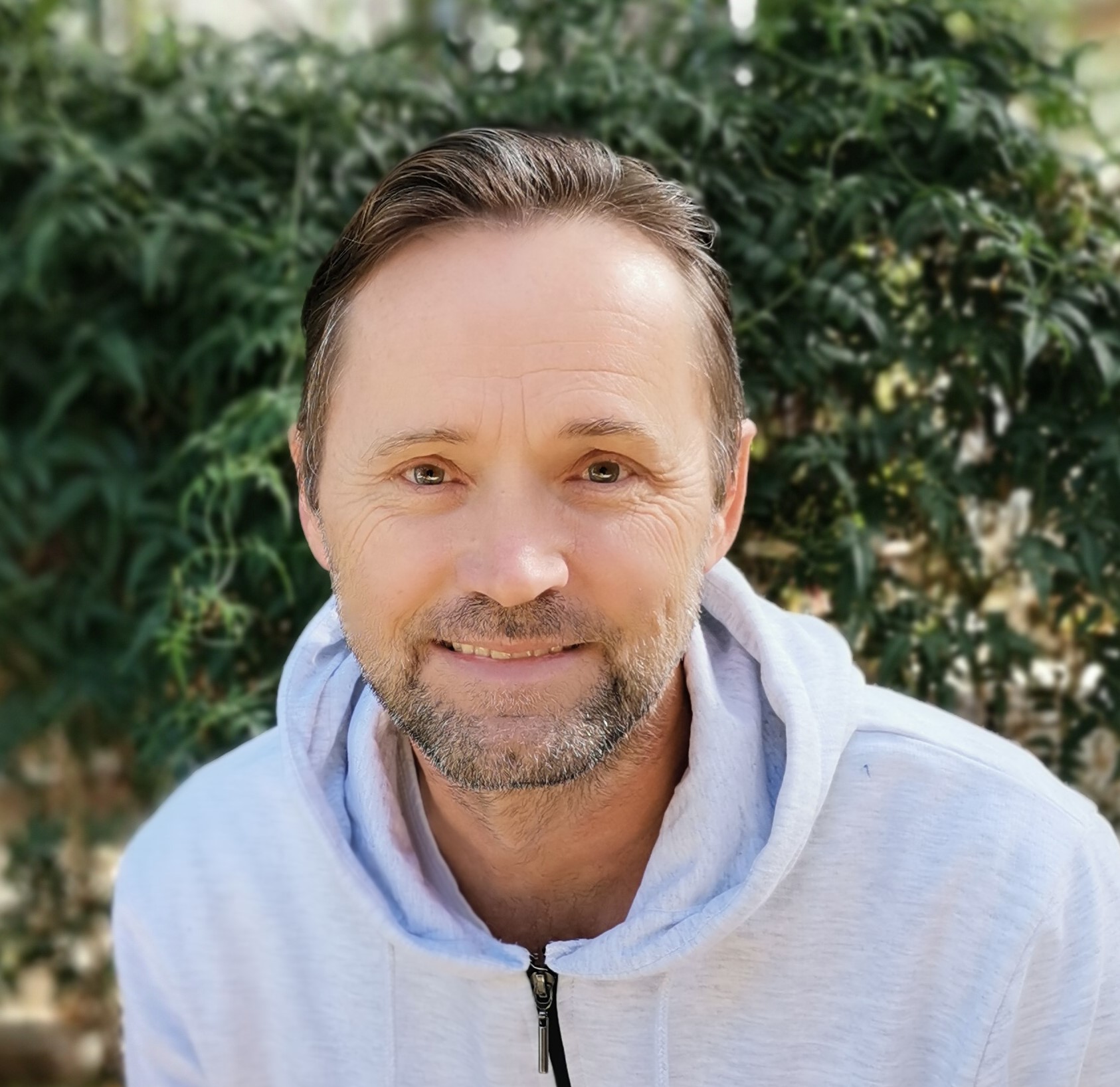Boys are told to toughen up. Not to cry. To get over it. To act like a man. But what does that even mean? What kind of man is built from the bricks of silence, shame, and severed emotion?
On the other side of the same coin: The wounded child inside many females is a girl that learns early that her value lies in being pleasing - in smiling even when something feels wrong, in playing small to make others comfortable, in twisting herself into shapes that get approval but never feel like home. She may become the “good girl,” the caregiver, the chameleon, and forgetting that she once knew how to roar.
This isn’t just about our parents or our personal pasts. It’s about something older, deeper. A system. A structure. Patriarchy does not simply tell men to dominate - it teaches them to disconnect. It teaches women to yield, to serve, to be desirable rather than whole. The tragic twist is that both genders lose. Both are denied the raw, vital, sometimes messy power of truth. And when we grow up wounded - which, in truth, most of us do - we carry that wound into our relationships. We find ourselves punishing our partners for the very thing we were once punished for: truth telling. We shut down when someone is too honest, because it stirs the ghosts of when we were silenced. Or worse, we lie to keep things comfortable - to avoid rocking the boat.
Truth is risky. But it’s love. Here’s the real heartbreak: when truth becomes unsafe, love becomes unreal. Think about that for a moment.
If I can’t tell you the truth - that I’m afraid, that I’m unsure, that I desire something different - then the “love” between us is built on fiction. We may avoid discomfort, but at the cost of intimacy. And eventually, we feel it. That low hum of disconnection. That ache of not being seen. Real love is rugged. It makes space for the unscripted, for the vulnerable, for the uncomfortable. To truly love is to be willing to hear, and hold, another’s truth, even if it stings. Even if it challenges your version of the story. Let’s get real for a moment. Close your eyes and ask yourself:
- What was a truth you weren’t allowed to speak as a child?
- What happened when you tried?
- Do you still carry that silence in your body somewhere?
Now think about your adult life. Your relationships. Are there truths you’re not saying now? Are there truths your partner or friend or colleague is afraid to share with you? Find a mirror. Look into your eyes. And say this out loud: “My truth is worthy. I do not need to earn space for it.” Feel what rises. Breathe through it.
There’s a boy in a classroom - maybe seven years old. He draws a red dragon with wings made of fire. He shows it to his father that night, full of excitement. The father scoffs: “That’s not what dragons look like. That’s stupid.” The boy says nothing, folds the drawing, and slowly learns not to share. Fast forward twenty years. That boy is a man. His partner asks what he dreams of. He shrugs. “I don’t know.” But he does. The dragon still lives inside, but it’s wrapped in shame.
Or this, a girl wants to climb trees and run wild, but her mother brushes dirt off her dress, says, “Girls don’t do that.” She learns to sit still. She learns to say “yes” when she means “no.” She grows into a woman who gives more than she has, who apologises when she’s angry, who calls it love but feels empty.
Healing isn’t about perfect parents, or utopian partners. It’s about honesty. When we begin to welcome the voice that was once shut down and we offer it a safe space, something remarkable happens. That wounded boy gets to speak. That silenced girl gets to move, shout, laugh, weep. And we remember: truth is a muscle. It grows with use.
If you feel brave, or curious, try this with someone you trust.
- Sit facing each other.
- One person speaks for five minutes uninterrupted: “Something I’ve never told you is…”
- The listener only listens - no comments, no fixes, no reactions.
- Then switch.
Afterward, take a few breaths. Notice what it felt like to speak. And to be heard. Repeat weekly if possible. It may change everything.
![]()
Let’s pause for clarity. Truth doesn’t mean brutality. It doesn’t mean weaponising honesty to hurt. The art is in truth + care. Truth offered with presence. Truth that leaves room for complexity. We are not just wounded children. We are also becoming elders - ones who can choose to listen with love, who can model something better. And what about lies? Well, lies may make people feel better, but they do not help them to know love. This hurts, right? We lie - to ourselves, to others - thinking we protect. But what we really protect is distance. Numbness. The illusion of peace. If you’ve ever cried after someone finally told you the truth - even a hard one - then you know: truth is sacred. It breaks us open, yes. But it also connects us. It’s the bridge back to what’s real.
And so the little boy still lives in many grown men. You can see him sometimes, behind the quiet smile, in the stiff shoulder, in the sudden withdrawal when emotion gets too close. He might be the one who avoids eye contact when someone says, “How are you, really?” He might be the one who uses humour to deflect pain, or who carries the burden of being “the strong one” far past breaking point. That boy learned to swallow his fear, his softness, his need for comfort. And in doing so, he also swallowed parts of his voice.
Similarly, the little girl walks beside many women. You’ll find her in the woman who never quite feels “enough,” no matter how much she achieves. She’s there in the urge to apologise before speaking, in the silence that fills a room where her truth should be. She may have learned to read others' needs better than her own. She may be the peacemaker, the one who smooths over discomfort with a smile that doesn’t reach her heart. That girl learned early that pleasing others meant safety, and safety often meant disappearing.
But here’s what matters: they are still here. Not as mistakes or broken things, but as whispers from your soul asking to come home. The path of healing isn’t about “fixing” them. It’s about welcoming them. Listening without flinching. Telling them, for the first time perhaps, “You make sense. You are allowed. I’m not sending you away anymore.” This isn’t easy work. And it isn’t fast. But it is sacred. When we begin to live from this deeper place - when we treat our inner child not as a shameful remnant but as a wise guide - we soften. We become more human. More present. More real. And it ripples outward.
When a man learns to name his fear without shame, he gives permission for others to do the same. When a woman speaks her truth with trembling clarity, she teaches others that authenticity matters more than approval. And when two people - any two - meet each other in truth, something ancient heals. Not just between them, but in the space around them. The field shifts. The noosphere responds. We move closer to a world where love is not performance but presence. So if you're still holding back - if your truths still feel too tender or too risky - know this:
Your truth is not too much.
Your tenderness is not a flaw.
And your longing to be seen, to be heard, to be met? That truly is your soul's original prayer.
Let that prayer rise. Let that voice return. And may it find ears that listen - especially your own.
![]()



 There’s a child in each of us. For some, that child was playful and curious, nurtured in warmth, and allowed to bloom. For many others, that child remains wounded - not because love was absent, but because truth was not welcome. And when truth isn’t welcome, love cannot fully grow.
There’s a child in each of us. For some, that child was playful and curious, nurtured in warmth, and allowed to bloom. For many others, that child remains wounded - not because love was absent, but because truth was not welcome. And when truth isn’t welcome, love cannot fully grow.
 Copyright 2009-
Copyright 2009-
Kommentar schreiben